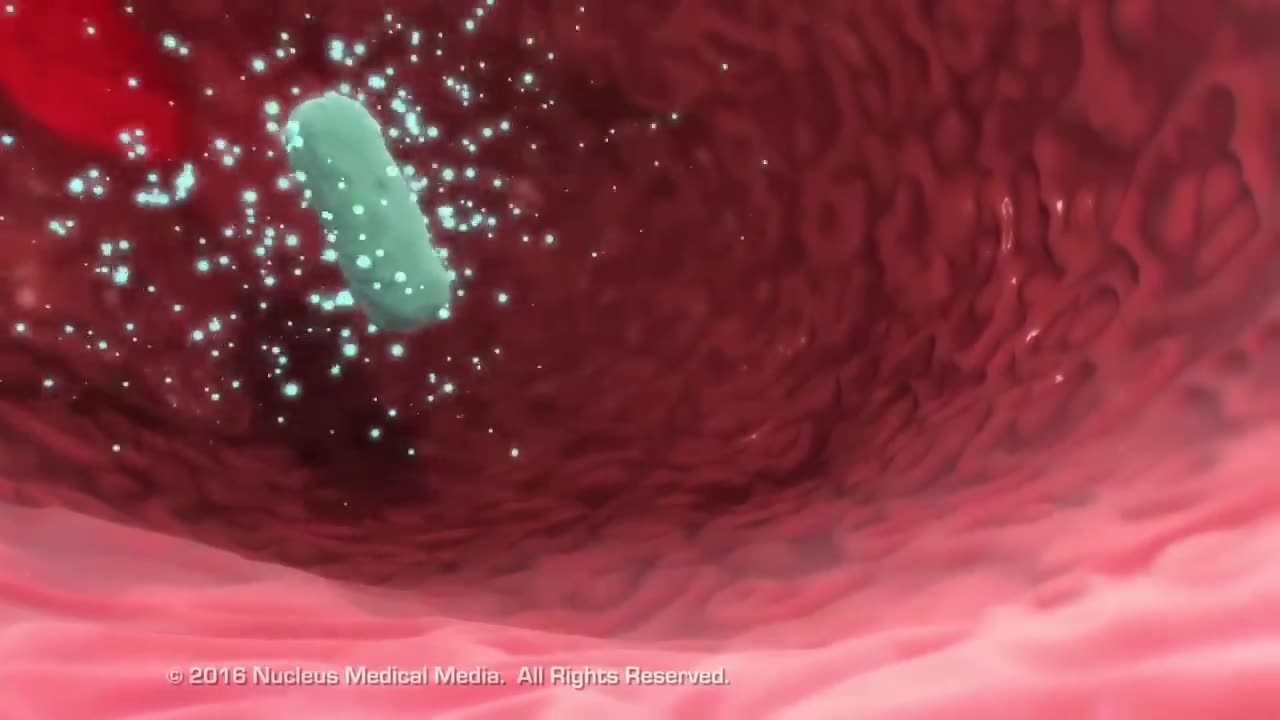Premium Only Content

How Medication Get Absorbed By Your Body
Medications are absorbed into your body through different routes, depending on the type of medication and how it is taken. The main routes of absorption are:
* **Oral:** Medications that are taken by mouth are absorbed through the lining of the small intestine. This is the most common route of absorption for medications.
* **Sublingual:** Medications that are placed under the tongue are absorbed through the lining of the mouth. This route of absorption is often used for medications that need to be in the bloodstream quickly, such as nitroglycerin for chest pain.
* **Rectal:** Medications that are inserted into the rectum are absorbed through the lining of the rectum. This route of absorption is often used for medications that are not well absorbed through the stomach or intestines, such as pain medications.
* **Intramuscular:** Medications that are injected into a muscle are absorbed through the muscle tissue. This route of absorption is often used for medications that need to be in the bloodstream quickly, such as antibiotics.
* **Intravenous:** Medications that are injected into a vein are absorbed directly into the bloodstream. This route of absorption is the fastest way for medications to enter the bloodstream.
The rate at which medications are absorbed into the body can vary depending on a number of factors, including the type of medication, how it is taken, and the person's individual physiology. For example, medications that are taken on an empty stomach are absorbed more quickly than medications that are taken with food.
Once medications are absorbed into the bloodstream, they are distributed to different tissues and organs in the body. The rate at which medications are distributed to different tissues can also vary depending on a number of factors, including the type of medication and the person's individual physiology.
The amount of time it takes for medications to reach their peak concentration in the bloodstream is called the **trough**. The **half-life** of a medication is the amount of time it takes for the concentration of the medication in the bloodstream to decrease by half. The half-life of medications can vary from a few hours to several days.
The **duration of action** of a medication is the amount of time that the medication remains effective. The duration of action of medications can vary depending on the type of medication and how it is taken.
It is important to understand how medications are absorbed, distributed, and eliminated from the body in order to safely and effectively use medications.
-
 2:40:08
2:40:08
PandaSub2000
9 hours agoDEATH BET | Solo Episode 01 (Edited Replay)
1.65K -
 LIVE
LIVE
Lofi Girl
3 years agolofi hip hop radio 📚 - beats to relax/study to
819 watching -
 2:03:38
2:03:38
Inverted World Live
8 hours agoSatanic Pedophile Network in Australia | Ep. 149
230K55 -
 3:34:45
3:34:45
TimcastIRL
8 hours agoCandace Owens Implies TPUSA KILLED Charlie Kirk, Claims Failed Bibi Deal Cost MILLIONS | Timcast IRL
227K162 -
 6:38:10
6:38:10
SpartakusLIVE
9 hours agoTrios w/ The BOYS on WZ and then we're teaching Jean ARC RAIDERS
82.1K7 -
 2:55:52
2:55:52
SOLTEKGG
7 hours agoLIVE - NOT LOSING A MATCH - NEW PC - !pc
39.8K2 -
 2:55:16
2:55:16
ThatStarWarsGirl
7 hours agoTSWG LIVE: Stargate Is BACK! EFAPing Michael Shanks Interview with GUEST!!!
35.5K6 -
 3:20:27
3:20:27
MissesMaam
8 hours agoStardew Co-Op 💚✨
27.4K -
 1:32:46
1:32:46
Glenn Greenwald
10 hours agoHillary Blames TikTok for Anti-Israel Sentiment; MAGA Sycophants Gain Pentagon Press Access; Who Should Win Anti-Semite of the Year? See the Top 10 Finalists | SYSTEM UPDATE #552
140K98 -
 56:12
56:12
Flyover Conservatives
1 day ago100% Chance the Grid Fails: Why No One Is Fixing It (and How Easy It Is) - Tommy Waller | FOC Show
41.3K11